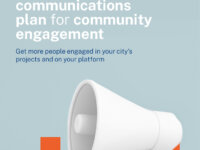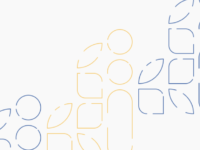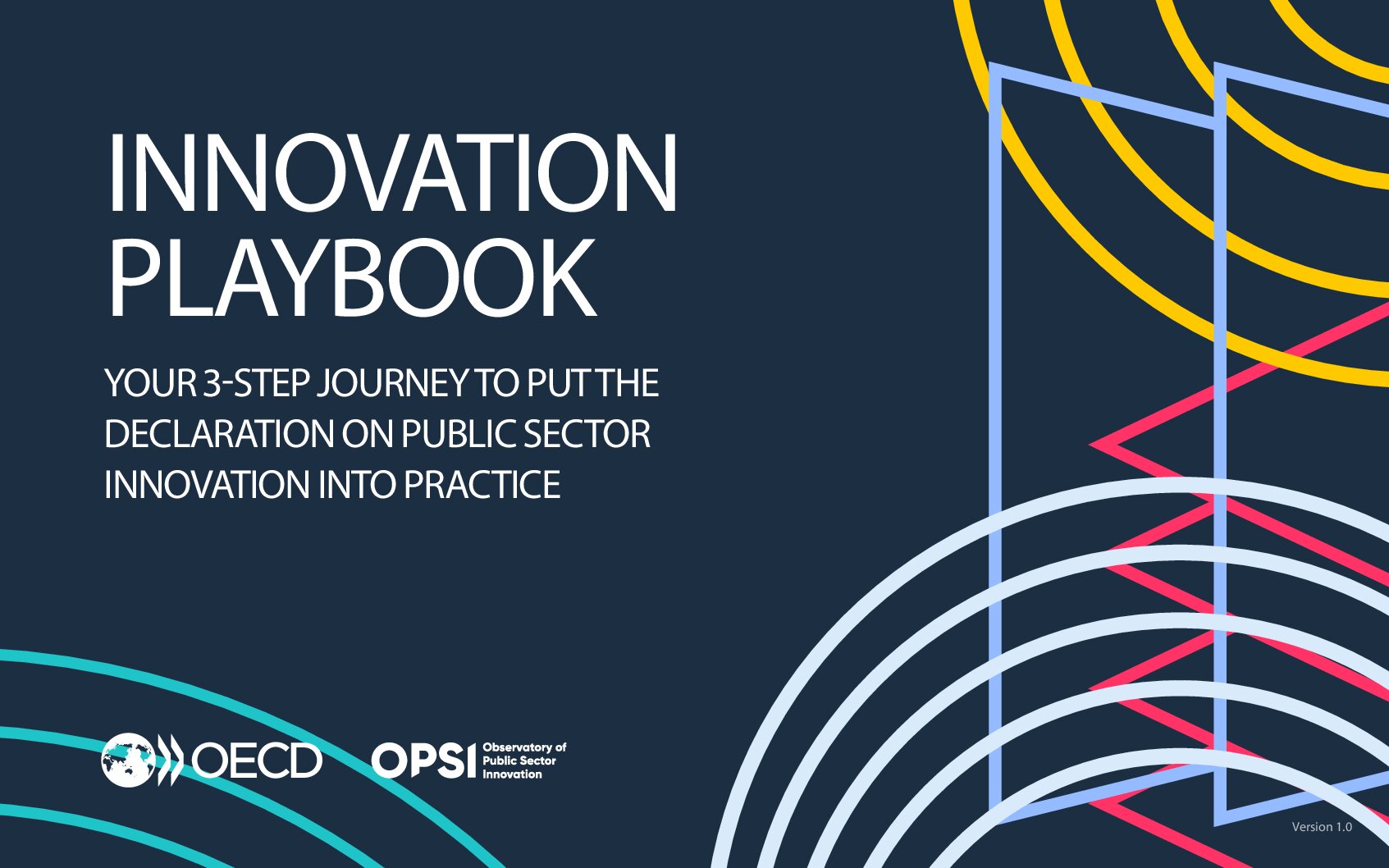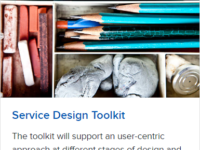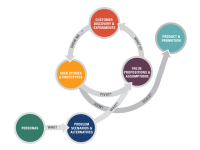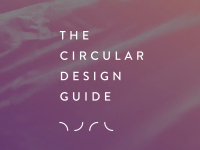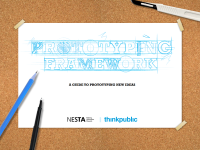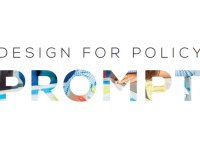Toolkit Navigator
A compendium of toolkits for public sector innovation and transformation, curated by OPSI and our partners around the world

This guide will teaches the basics of setting up a communications plan for your community engagement efforts. The guide covers how to set up a communication plan across three engagement project phases (launch, in-progress, and report-out phase) and walks through the core, strategic steps needed. Each section includes checklists and practical tips. It draws on best practices and lessons learned from CitizenLab's collaboration with 400+ local governments worldwide. This resource is distributed via…
The toolbox for designing digital services is intended to help public service owners, managers and other interested parties understand the design process and includes tools to make the process smooth. The process is described both in Estonian and English but tools are only in Estonian, which can be machine translated. The resource includes guidance on preparation and building a service team, understanding and choosing a focus, problem identification and solving, testing solutions, development of…
The OECD-OPSI Innovation Playbook offers an accessible, actionable and user-centred instrument to translate the OECD Declaration on Public Sector Innovation into practical guidance on how its principles can be applied to solve public sector challenges. The Innovation Playbook offers an entry point to help governments identify where they can build and leverage innovative capacities to solve present and emerging challenges. Intended for top officials and middle-managers, it helps users assess and…
The UserCentriCities (UCC) Service Design toolkit is a curation of handbooks and tools to support the adoption of a user-centric approach in the design of digital public services. Compiled in collaboration with OECD OPSI Toolkit Navigator, it collects the most relevant tools and methods for cities, regions, and municipalities to use. It contains methods and handbooks developed and utilised by the UserCentriCities partner cities and regions network in their own user centric service development,…
This toolkit offers a starting point and a framework for uncovering circular potentials and barriers and to potentially identify new circular business models. The tools in this toolkit focus specifically on mapping a company's circular potentials in the value chain it operates within. And it gives priority to understanding, framing and re-fining the value businesses create in the value chain, exploring the interaction with both customers, collaborators and influential stakeholders. The toolkit…
The Venture Design Process offers set of templates, tutorials, and templates for systematic execution of continuous design and delivery. It covers the phases: Personas, Problem Scenarios & Alternatives, Value Propositions, Assumptions & Experiments, Customer Discovery & Experiments, User Stories & Prototypes, Product & Promotion, as well as modules covering agile management and business model generation. The resource is targeted at private sector entrepreneurs and focuses on digital products and…
The current big shift in management - both public and private - is from linear models to circular models. This resource was designed to help innovators create more elegant, effective and creative solutions for circular economy. This resource allows users to explore new ways to create sustainable, resilient, long-lasting value in the circular economy. While it is oriented towards private sector manufacturing and products, it can also be helpful for public sector organisations to think about…
This toolkit is a guide on how to carry out prototyping and testing. The purpose of the process is to test and improve the ideas at an early stage, before committing a lot of resources to it. The tool provides a step by step guide with simple descriptions on the techniques in each phase and things to watch out for.
The prototyping process is divided into the phases:
- Doing the Groundwork
- Prototyping phase 1
- Prototyping phase 2
- Learn and Evaluate.
The document contains short…
The Design Sprint is a methodology for quickly solving problems through developing a hypothesis, prototyping an idea, and testing ideas with users. Design Sprints quickly align teams under a shared vision with clearly defined goals and deliverables. The Design Sprint methodology was developed at Google from a vision to grow user experience (UX) culture and the practice of design leadership across an organisation. The length of time for Design Sprints will be based on the goals and the needs of…
The Design for Policy toolkit PROMPT is targeted toward policymakers who wish to identify where design can add value to the policy cycle process by enhancing user and citizen participation. The majority of the design tools included in the resource are common qualitative research and design methods and follow a gradual shift in emphasis from data-centred policy to people-powered policy, according to the publishers.
PROMPT has been collaboratively developed by PDR - International Design and…

